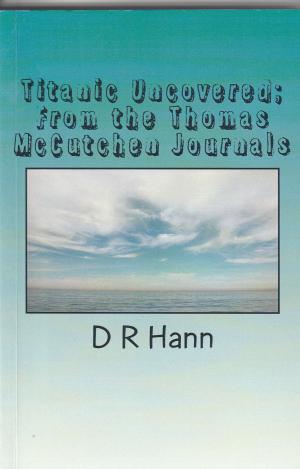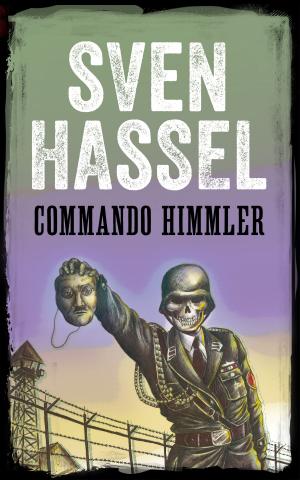| Author: | D.E. Peterson | ISBN: | 9781370950874 |
| Publisher: | D.E. Peterson | Publication: | June 30, 2018 |
| Imprint: | Smashwords Edition | Language: | English |
| Author: | D.E. Peterson |
| ISBN: | 9781370950874 |
| Publisher: | D.E. Peterson |
| Publication: | June 30, 2018 |
| Imprint: | Smashwords Edition |
| Language: | English |
"Liberating Duluth" tells the story of Chief Jack White Eagle of the Lake Tranquille Band of Ojibwe, and his plans to take back Native land in the Upper Midwest. Jack, a retired Army Colonel and veteran of the Iraq War, has come home to manage a casino and lead his people in liberating the city of Duluth, Minnesota.
In 1854, the United States offered the western end of Lake Superior — in exchange for a significant parcel of northern Minnesota — to the Lake Superior Chippewa. European settlers, however, ignored the treaty and broke up the land. Duluth was officially incorporated in 1878 — the result of ignoring a federal treaty with the Native Americans. The municipality went on to become, per capita, the richest city in North America for a period of time.
Ultimately, the work illustrates the conflicting perspectives of national history: whose land is it, whose land was it, and who decides? The novel has a broad market with Native American rights advocates, and incorporates different perspectives during the three-day insurrection.
"Liberating Duluth" tells the story of Chief Jack White Eagle of the Lake Tranquille Band of Ojibwe, and his plans to take back Native land in the Upper Midwest. Jack, a retired Army Colonel and veteran of the Iraq War, has come home to manage a casino and lead his people in liberating the city of Duluth, Minnesota.
In 1854, the United States offered the western end of Lake Superior — in exchange for a significant parcel of northern Minnesota — to the Lake Superior Chippewa. European settlers, however, ignored the treaty and broke up the land. Duluth was officially incorporated in 1878 — the result of ignoring a federal treaty with the Native Americans. The municipality went on to become, per capita, the richest city in North America for a period of time.
Ultimately, the work illustrates the conflicting perspectives of national history: whose land is it, whose land was it, and who decides? The novel has a broad market with Native American rights advocates, and incorporates different perspectives during the three-day insurrection.















